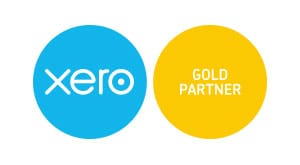Inheritance tax is charged when an estate is valued at over £325,000. If the estate is worth more than this then the excess is charged inheritance tax at a rate of 40%. Inheritance tax is not due on an estate that goes automatically to a spouse or civil partnership or up to £325,000 to anyone else. The spouse or civil partner can use their own £325,000 as well as the any remaining allowance and up to £650,000 can be left untaxed when they pass away.
An estate is valued through assets such as a home, car, bank accounts, investments and any assets given away during the seven years preceding death. Unpaid bills and funeral expenses can be paid off before the estate is valued. Relief is always available for unquoted shares and some properties, amongst others. -Exemptions from inheritance tax include gifts to spouses, civil partners, UK-based charities, political parties and institutions such as museums.
Estates are calculated by whoever is named as the representative in a will and is based on the current market value of assets. Any inheritance tax bills must be paid to HMRC within six months of the end of the month in which the death occurred. Land and buildings inheritance tax is different in that it can be paid over a period of ten years unless the asset is sold within that time. This must then be paid immediately after the asset is sold.






 Production
Production
